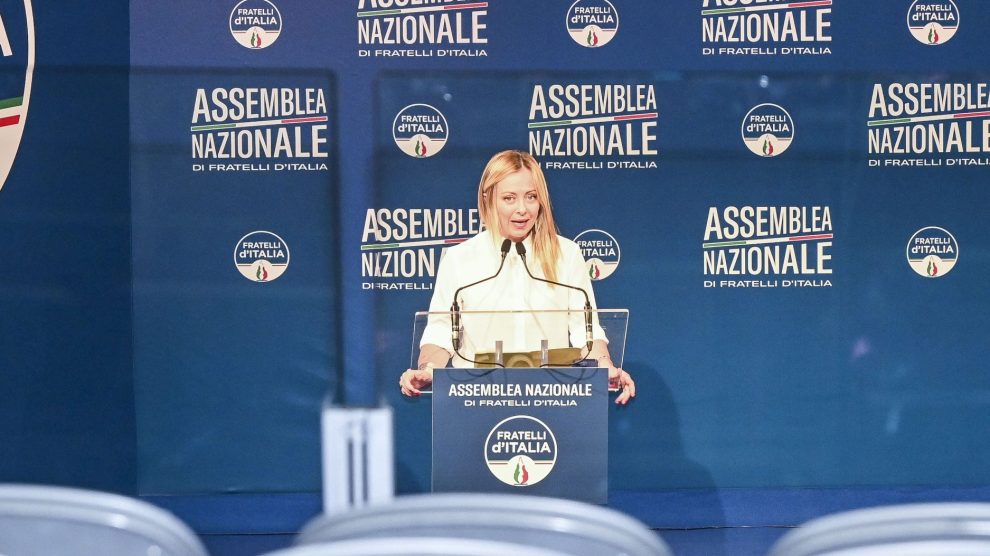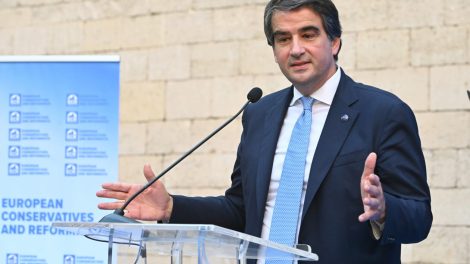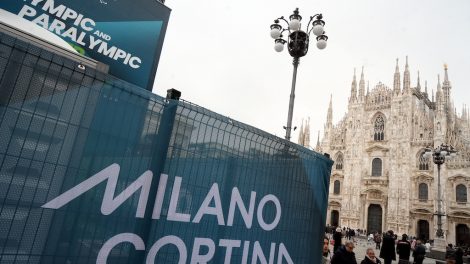Meloni talks Mattei Plan. Set to be presented in October, in time for the Italy-Africa Summit in early November, this project is poised to become Italy’s framework for energy and development cooperation with African nations. And in her upcoming book La versione di Giorgia, authored by journalist Alessandro Sallusti and previewed in some Italian newspapers, Italian Prime Minister Giorgia Meloni delved into more detail.
What’s in a name? The PM’s description starts with a reference to the plan’s namesake, the fabled entrepreneur Enrico Mattei, who transformed Italy’s State-run energy company AGIP (rebranded to ENI) from a post-war relic to a major multinational by investing in MENA countries and closing major oil agreements.
- He also undercut the so-called Seven Sisters (which were the world’s biggest oil companies operating under Anglo-American oversight) by setting up fairer deals with oil-rich countries, establishing that they stood to keep 75% of the profits from the exploitation of their resources.
- Mr Mattei’s “great attention to the economic and human needs of the States and peoples with whom he concluded agreements” is the guiding light of the Mattei Plan, explained PM Meloni.
Independence through development. “Africa isn’t poor at all. It is, above all, exploited. And you see, there are two ways of conceiving development cooperation. Some bring you bottles when there is a water shortage, and some bring you a desalinator to make sea water drinkable. There are, in short, those who make you dependent through cooperation and those who make you independent with development. I believe in the second model of development cooperation, and the Mattei Plan for Africa responds exactly to this conviction,” she writes.
Linking needs. The plan is geared at investing in African (mostly clean) energy production, which entails both development and energy independence for both parties, she goes on to explain. On its part, Italy’s geographical position in the Mediterranean makes it ideally suited to link supply and demand, bridging “those who can extract or produce energy” and “those who do not have that energy but desperately need it. That is, we are there as a bridge between Africa and North-Central-Eastern Europe.”
- This approach is reflected in her government’s diplomatic activism across the MENA area and is bound to integrate with the European Union’s Global Gateway initiative.
Think wider. In the book’s excerpts that have been made available, PM Meloni also emphasises “the centrality of the Mediterranean and more generally of the sea, with a focus on the opportunities that can come from the Indo-Pacific, especially for [Italy’s] entrepreneurs […] do we realise that with the doubling of the Suez Canal today it is easier for goods to arrive in Italy sooner from India than from Norway?”.
- Finally, the Italian PM vows to cultivate the relationship with Latin America – “my next file” – leveraging the massive Italian community living there and awaiting an upgrade. “Ties are so strong that our entrepreneurs say it is sometimes easier to have good relations with Uruguay, Chile and Mexico than with some European states,” quipped Ms Meloni, noting it all takes “vision and a lot of work, work and vision.”





